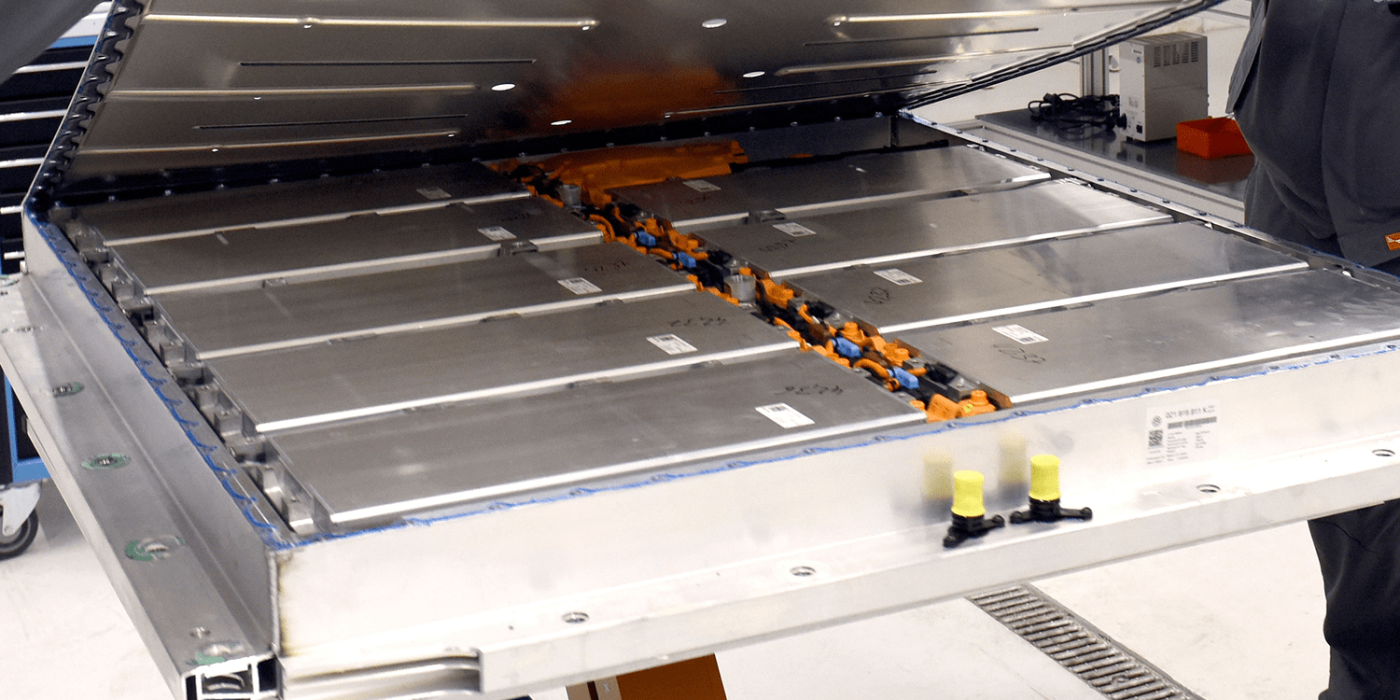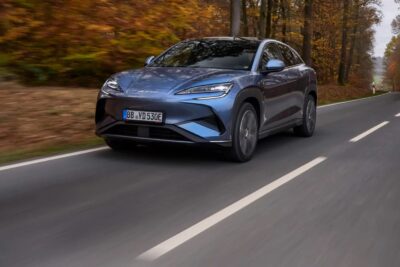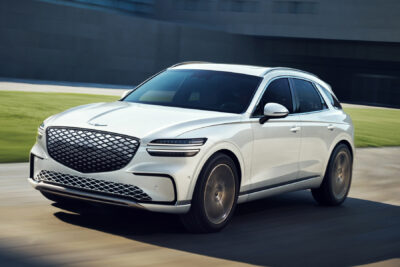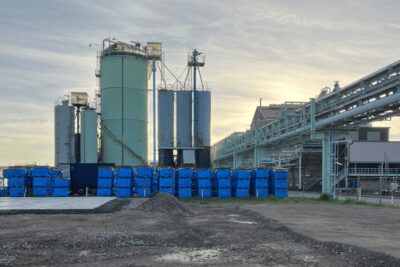Volkswagen to invest €10 billion in e-mobility projects in Spain
The Volkswagen Group and Seat have given the green light to invest ten billion euros in e-mobility in Spain. The investments announced in May were previously dependent on the Spanish government’s funding under the PERTE eMobility funding programme, which was recently released.
Volkswagen and Seat were initially not satisfied with the funding level and threatened to end the project plans for Spain. The government then relented and increased the subsidy. It is not known in what form and how much. In any case, Volkswagen and Seat will now receive 397 million euros, almost half of the first PERTE funding round. Apparently enough for the time being, because Seat boss Wayne Griffiths now announces: “Today is a historic day for all of us, as we take a strategic step: SEAT S.A., the Volkswagen Group, PowerCo and the Future: Fast Forward partners have accepted the PERTE VEC resolution and together we will invest 10 billion euros in Spain.”
The billion-euro investment will mainly go towards the battery factory in Sagunt near Valencia and the conversion of the Martorell and Pamplona plants for the production of small electric cars. The Spanish eMobility portal Forococheselectricos provides more information on the latter: According to this, Volkswagen and Cupra electric cars are to be built in Martorell on the basis of the MEB Small platform. It was already known that the small VW electric car will be called ID.2. According to Forococheselectricos the Cupra offshoot will be called Raval. The two models are to replace the current Seat Ibiza and the VW Polo.
The Pamplona plant will build the VW ID.2 X crossover variant as well as the offshoot for Skoda, which will be called Elroq. These new models correspond to the current VW T-Cross and Skoda Kamiq. The entry prices of all these electric small cars are expected to be in the range of 20,000 to 25,000 euros.
A total of a good 60 companies associated with Volkswagen are participating in the major projects led by Seat. They are seen as the vanguard for making Spain one of the major European production countries for electric vehicles and batteries. The transformation is essential if Spain wants to remain number 2 in Europe in the production of cars behind Germany. Against this background, the government announced in mid-2021 that it would invest a total of 4.3 billion euros in several tranches by 2023 to boost production in the country. At the time, the government in Madrid announced that the programme would be financed mainly from the EU’s reconstruction fund. With state support, the country hopes to trigger private-sector investment of 19.7 billion euros by 2023. The new industry is expected to create up to 140,000 new jobs and the entire car industry is expected to account for 15 per cent of Spain’s economic output in 2030, it was further announced in the summer of 2021.
Volkswagen has a key role to play in this. As part of the “Future: Fast Forward” initiative, VW’s Spanish subsidiary Seat announced in May that it intended to invest heavily in its own plants in Spain and in the development of a local supply chain. Even at that time, however, Seat stressed that the investment was dependent on a positive PERTE funding decision. The Spanish Volkswagen brand would use the funds to convert its vehicle plants to electric cars, set up a comprehensive supplier system and, above all, realise the battery factory in Sagunt near Valencia to the planned extent, it said at the time. Construction of the battery factory with an annual production capacity of 40 gigawatt-hours is scheduled to begin in the first quarter of 2023. The start of production is planned for 2026. Seat submitted the PERTE application in May together with 62 companies from various industries in eleven regions of Spain.
reuters.com, seat-mediacenter.com, forococheselectricos.com (small models, in Spanish)





0 Comments